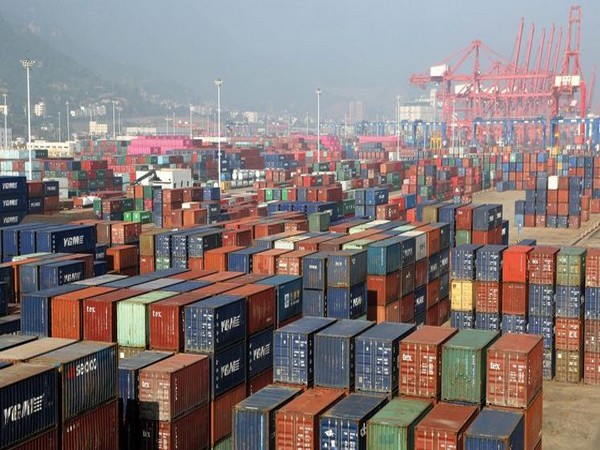
New Delhi: Driven by falling gold and crude oil shipments, India's merchandise imports show a declining trend in June 2025; however, exports remained flat, said Global Trade Research Initiative (GTRI) in its latest analysis.
The June 2025 trade data released by the Ministry of Commerce on Tuesday shows that merchandise exports stood at USD 35.14 billion, a negligible increase of 0.05 per cent compared to June 2024.
However, key sectors like electronics exports surged 47.1 per cent to USD 2.8 billion, reflecting rising iPhone and smartphone shipments to major markets, such as the U.S., in anticipation of higher U.S. tariffs.
However, exports of traditional items, such as gems and jewellery, fell by 20.4 per cent to USD 1.78 billion, and petroleum product exports dropped 15.9 per cent to USD 4.6 billion, due to softening global demand and lower crude prices.
On the import side, total goods imports stood at USD 53.9 billion, down 3.7 per cent from the previous year. This decline is mainly led by a sharp 25.7 per cent fall in gold imports, which dropped to USD 7.5 billion, and about an 8.4 per cent decrease in crude and petroleum imports, totalling USD 13.8 billion. Coal and coke imports also declined by 19.1 per cent to USD 7.75 billion, reflecting improved domestic supply.
Electronics imports rose by 9.5 per cent to USD 8.4 billion, and machinery and computer imports grew 8.5 per cent to USD 4.4 billion. This suggests that domestic investment in assembly and manufacturing remains healthy.
Exports to the U.S. climbed 23.5 per cent to USD 8.3 billion, reinforcing America's status as India's top export market. In contrast, exports to China were modest at USD 1.4 billion, though they grew by 17.2 per cent year-on-year.
On the import side, India imported USD 9.5 billion worth of goods from China in June, a 2.5 per cent increase from June 2024.
The trade data for June 2025 show signs of a continued structural transformation in India's export profile. High-import-intensity sectors, such as electronics, are gaining ground, while traditional labour-intensive sectors remain flat or show a declining trend.